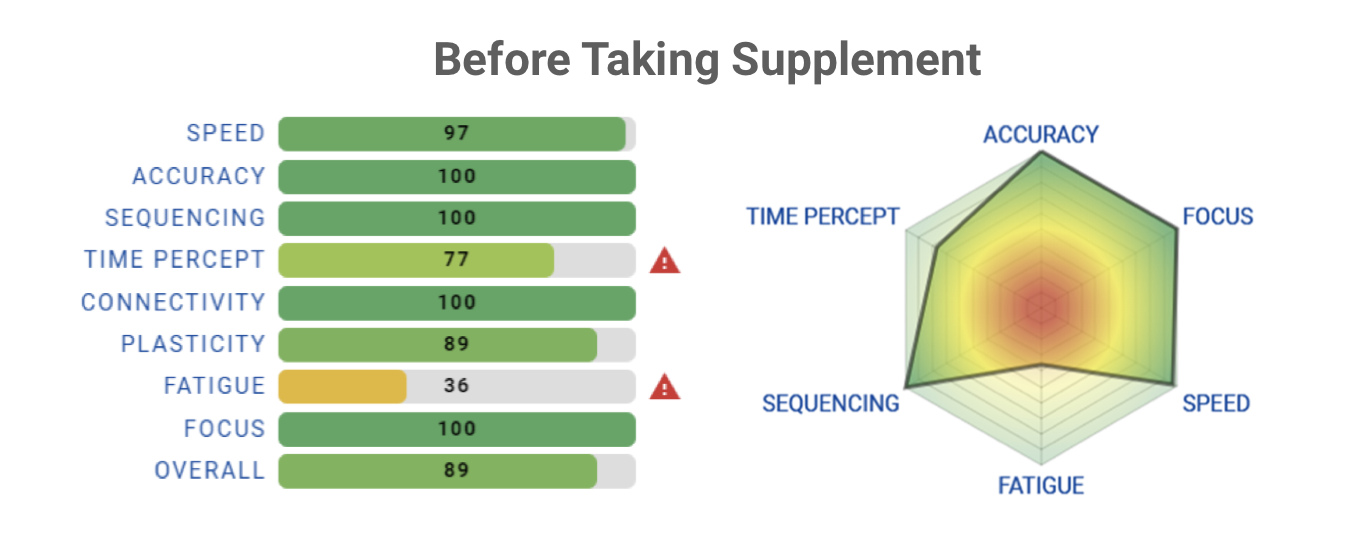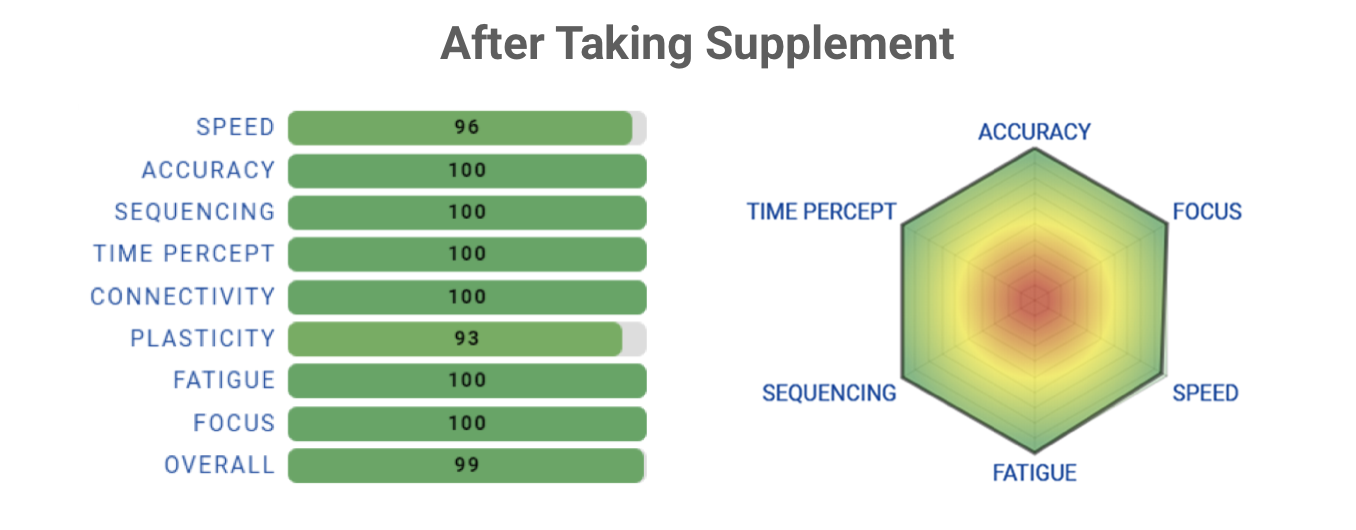And perhaps more importantly, am I taking the right amount of supplements?
I am fascinated by the number of supplements on the market that claim all kinds of brain health benefits - things like better memory, optimized brain performance, and even reversal of the aging process. While I am not disputing or supporting any of these claims, what really impresses me is how many people take supplements on the blind faith that they will improve or optimize their brain performance. How do we know that supplements are actually helping us? And how do we know if we are taking too little or too much of a supplement?
Before we go any further, let’s discuss the concept of optimization. Most cortical neurons (or cells in the brain) are optimized for some particular function (I say “most” here only because we do have a lack of knowledge about many cortical neurons and their optimization). For example, some neurons specialize in determining the direction of information flow. This may seem trivial, but it is an important feature of neural networks to determine which way information (particularly from the external environment) is moving. These neurons work best if that information flow is not too fast OR not too slow. Each has its own tuning curve – each neuron operates best under certain conditions.
So what do neuron properties have to do with how our brains work? In general, individual neurons are a reflection of network phenomena. In other words, they reflect how the brain operates. Groups of neurons form columns, columns aggregate into larger entities, etc. (you can read more about that here). The bottom line is that the brain is not any different than these individual neurons in that performance optimization is based on many factors.
Imagine, for example, an optimization for one measure of brain performance – reaction time - based on caffeine intake. Some amount of caffeine (depending on what you are used to) will improve your reaction time. If you are used to slurping down a good dose of caffeine early in the morning, you probably have an inherent sense that your brain starts humming along a bit better after that jolt than before. On the contrary, if you take too much caffeine, performance suffers.
Could this be the case for supplements? The answer to this is probably. There is most likely an optimum amount of a supplement for enhancing performance. Perhaps the people with the best handle on this are athletes that use supplements for enhancing physical performance. The difference with this group of individuals and people that take supplements to improve brain function is that the athlete constantly takes measurements. Is he/she getting stronger, faster and/or less fatigued? Considering the potential for improvement, it’s interesting that few people take this approach to brain health. Without measuring, it’s difficult to tell if something is working.
The graph below is from one Brain Gauge user (a 60 year old female) that had been taking supplements to improve her memory and mental fatigue. She decided to quit taking her usual supplements for one week to see if it had any impact on her scores. Note her performance while she was off supplements and after she started taking the supplements again. Timing Perception and Fatigue scores were significantly worse (also note that timing perception plays a role in memory).


Seeing these changes in scores provides the supplement taker with evidence of how much of an impact that the supplement has on their brain health.
Are your supplements helping? The only way to find out is to measure.
